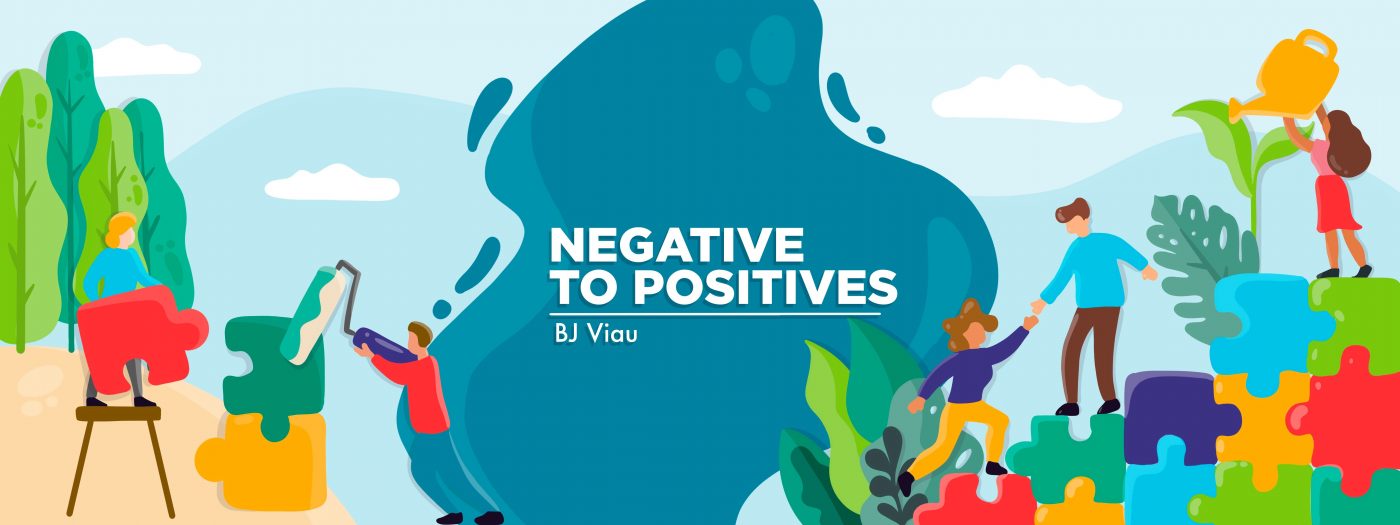FDA Patient Listening Session Set for Huntington’s Disease

When I stepped away from my role as board chair of the Huntington’s Disease Youth Organization in 2020, I knew it wouldn’t be long before I found my next Huntington’s passion project. The passion in me is deeply rooted and originally created through my mom, who passed from Huntington’s disease (HD) in 2011. That passion runs deeper today, as I have many friends who will one day get HD if no new treatments are approved and made accessible.
One of these HD friends, Seth, was pouring much of his own passion into trying to understand more about Huntington’s and how he could do his part to accelerate treatments for the community and himself. Seth was speaking with world-renowned clinical researchers, scientists, and top pharmaceutical companies with programs focused on HD.
Seth isn’t an HD scientist, and neither am I, so through his conversations with them and then with me, we were trying to put the pieces together to understand where we could provide value.
We both already participate in all of the observational research studies available, and one of our biggest frustrations is that clinical trials aren’t available to anyone who doesn’t have prevalent symptoms. I’d imagine only a small number of people want to get symptoms to start a treatment, versus getting a treatment to stop symptoms before they ever start.
We began to hear a similar message coming from different conversations about the need to speak with regulators, specifically the U.S. Food and Drug Administration (FDA). As nonscientists, we were up for this challenge.
The FDA put in a handful of patient-focused tools a few years ago in hopes to better understand patients’ needs with their conditions and their surrounding family. The Huntington’s disease community was fortunate enough to get a patient-focused drug development meeting back in 2015 to discuss the impact of the disease on the patient and the caregiver.
Although this meeting was important, we realized, after watching the recording, that the attendees and speakers didn’t represent the population of gene-positive but pre-symptomatic individuals who didn’t have symptoms today but knew they would eventually get them.
We sought advice from a few patient advocates affected by other rare diseases, and they suggested a different tool called an FDA patient listening session. Essentially, a listening session is an opportunity to share personal stories directly with FDA representatives to help them better understand a condition.
Seth and I drafted a rough agenda and followed the guidelines provided on the FDA website to submit our proposal back in November. Our specific aim was to provide stories that share what it’s like to live knowing you will one day get HD, but have yet to be clinically diagnosed with any symptoms.
After a few exchanges with the FDA patient engagement team, I’m excited to share that our patient listening session was accepted! We are on the FDA’s calendar for the end of July. Anytime you get the chance to interact with the FDA or other regulatory bodies, it’s a big step, and I couldn’t be more excited for the upcoming session.
A few notes about listening sessions:
- They are not available to the public. Only the patient speakers and the FDA will attend.
- The FDA does not make any public comment on the session.
- Patient organizers can produce notes from the session, which can be made public.
One of the main requests from the FDA was to provide insight regarding risks and benefits from this specific population — to better understand what someone would be willing to risk and what type of benefit they would be looking to receive when considering joining a clinical trial or opting in to take a newly approved medicine. With a growing list of possible ways we can treat HD, it’s important we’re thinking about treatments for the whole community.
Seth and I have a lot of work to do leading up to the end of July, including the creation of a community risk-benefit survey, but we’re thrilled to be leading the charge and collaborating with the HD community to bring this to life. Keep an eye out for future “Negative to Positives” columns as we get closer to the FDA listening session with updates and potential ways you can support the efforts.
Note: Huntington’s Disease News is strictly a news and information website about the disease. It does not provide medical advice, diagnosis, or treatment. This content is not intended to be a substitute for professional medical advice, diagnosis, or treatment. Always seek the advice of your physician or other qualified health provider with any questions you may have regarding a medical condition. Never disregard professional medical advice or delay in seeking it because of something you have read on this website. The opinions expressed in this column are not those of Huntington’s Disease News or its parent company, Bionews, and are intended to spark discussion about issues pertaining to Huntington’s disease.








Leave a comment
Fill in the required fields to post. Your email address will not be published.